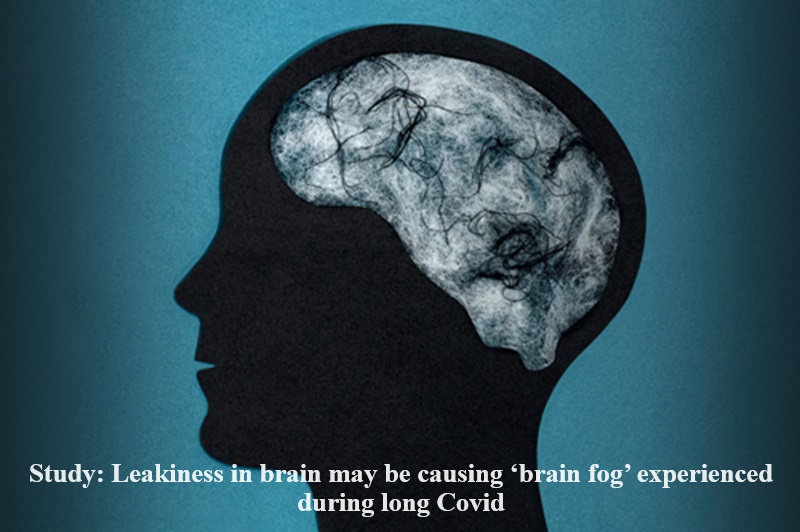
Researchers have asserted that memory and concentration difficulties commonly experienced during long Covid may be attributed to leakiness in the brain, resulting from damage to the blood-brain barrier. This barrier regulates the passage of substances into and out of the brain.
Professor Matthew Campbell, a co-author of the study from Trinity College Dublin, explained that the blood-brain barrier’s role is to maintain a balance of substances between the blood and the brain. When this balance is disrupted, neural function can be affected, particularly in brain regions crucial for memory storage and consolidation.
The research, published in the journal Nature Neuroscience, analyzed serum and plasma samples from 76 Covid patients hospitalized in March or April 2020, along with samples from 25 individuals before the pandemic.
One significant discovery was the elevated levels of the protein S100? in samples from 14 Covid patients experiencing brain fog compared to those without this symptom. S100?, typically found only in brain cells, appearing in the blood suggests a compromised blood-brain barrier.
Further investigation involved MRI scans with intravenous dye in 10 Covid-recovered individuals and 22 long Covid patients, including 11 with brain fog. It confirmed that those experiencing brain fog had a leaky blood-brain barrier, unlike those without this symptom.
Professor Campbell speculated that individuals with a more intact blood-brain barrier might be less susceptible to brain fog during long Covid.
The results, though not unexpected, suggest that disruptions to proteins involved in clotting could coincide with disruptions to cells lining blood vessels. Professor Campbell finds the idea that regulating the integrity of the blood-brain barrier could alleviate neurological conditions, including brain fog, particularly promising.
Earlier studies had suggested that blood clots in the brain might contribute to brain fog in long Covid patients. Professor Paul Harrison from the University of Oxford, an author of previous research, emphasized the importance of the new study, highlighting that it demonstrates abnormalities in the blood vessel lining in people with post-Covid brain fog, further supporting the role of abnormal blood clotting in this condition.

Post Your Comments